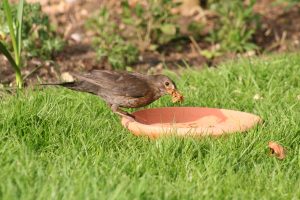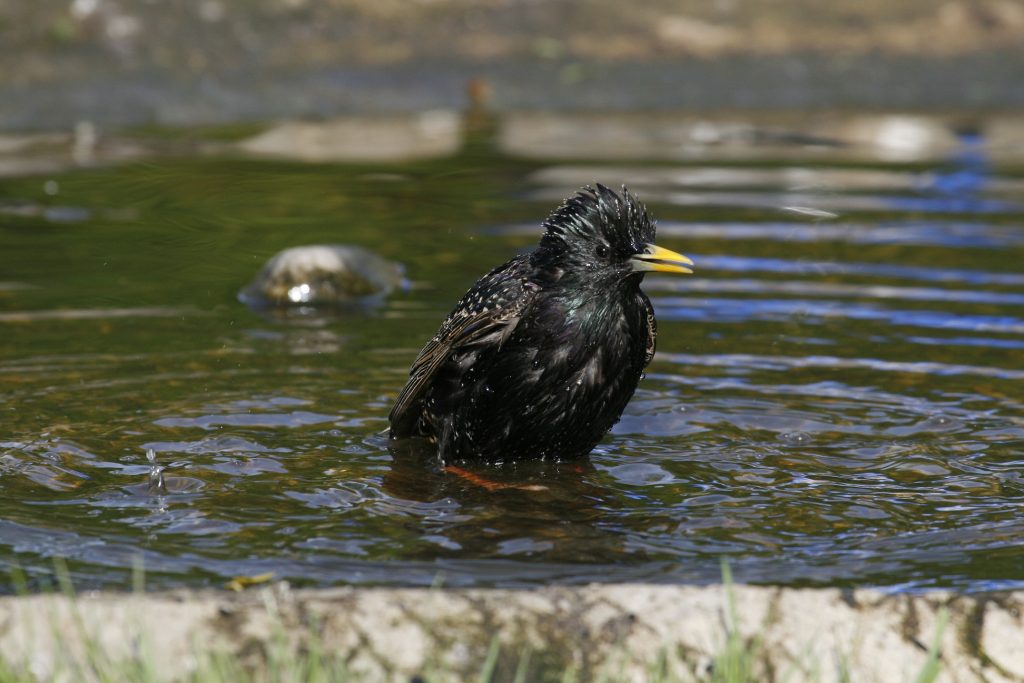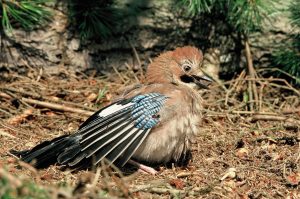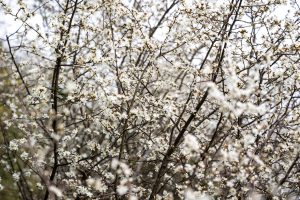How to Help Garden Birds & Wildlife in Hot & Dry Weather
With news this week of a hosepipe ban coming into force in NW England, potential bans elsewhere, and with a ban already in place in Northern Ireland, the effects of our exceptionally dry spring and summer are really starting to become apparent. And even in areas not currently threatened with a hosepipe ban, the advice from water companies is to use water wisely.
Of course for some people, the main concerns that the drought brings is not easily being able to wash their car or water their lawn, but for wildlife lovers, it’s much more about the impact it has on the birds and animals that visit or live in their gardens. So what are the main problems the lack of rain creates for our garden wildlife and what can we do about it?
Provide fresh water at ground level
The first, and perhaps most obvious, is that most birds and mammals need to drink. So if nearby ponds and streams have run dry and puddles are non-existent, then providing fresh water in your garden can be a real lifeline. Many people already have a bird bath but the majority will be on a stand and therefore not accessible to mammals such as hedgehogs. Our Echoes Bird Bath is low enough to the ground for hedgehogs to drink from, though you could also just use any sort of shallow dish or plant pot saucer. Whatever you use, the key thing is to keep it clean and full with fresh water.
Put out foods with moisture in them

A few weeks back we were talking about the current UK shortage of live mealworms and alternative foods you can put out instead which are moisture-rich. To update on the live mealworms situation first, the good news is that we now have 500g bags back in stock, and by the end of the month we expect to have all weights available. So live mealworms remain the best option, but the main alternative for ground-feeding birds such as robin, blackbird and song thrush, is fruit. Apples and pears – either cut in half – are the most obvious option, but also sultanas which should be soaked in water before putting out. And it might seem a tad extravagant, but blackbirds love strawberries and right now prices are relatively low!
Along with providing fluids for fledgelings being fed by adults, the fundamental reason for putting out moisture-rich foods in dry weather is that earthworms and snails will not be readily available for birds to catch: Earthworms will be well below ground level in damper soil and therefore blackbirds won’t be able to reach them, and snails will become dormant and hide under rocks etc. and therefore not be available to song thrushes – and snails make up a large part of their natural diet.
Supply hedgehogs with food
The lack of earthworms, snails and also slugs, also means that hedgehogs may struggle to find enough food. So along with providing fresh water at ground level, putting out hedgehog food each evening can make all the difference to the survival of this much-loved but sadly declining mammal.
Don't forget the bees! (first-aid only)
Even in gardens with plenty of nectar-rich plants and shrubs, bees can become dehydrated and die. A solution of two parts sugar to one part water and placed as a droplet in front of the stationery bee will probably bring it back its life, as the bee will use its proboscis to drink the solution.
However and despite advice, that you may see online to the contrary, you should not leave out a shallow dish of the solution as:
- Bees can become too dependent on it as an easy food source.
- It can attract unwelcome large numbers.
- It discourages pollination.
- Bees can easily drown in the liquid.
Indeed, Sir David Attenborough has been in the news just this week to advise against putting out the solution rather than just using it as a first-aid method.
Make your garden more wildlife friendly
What the current dry spell also does is give us the opportunity to reappraise our gardens with wildlife in mind and the likelihood of similar extreme weather conditions in future years. So perhaps a small pond which therefore provides a permanent source of water; more nectar-rich native plants and shrubs; fruit trees and bushes; piles of twigs and branches in the corner of the garden which helps keep the ground below damp. But for now and until the current dry spell comes to an end, please do all you can to help the wildlife in your garden by following our tips above.



